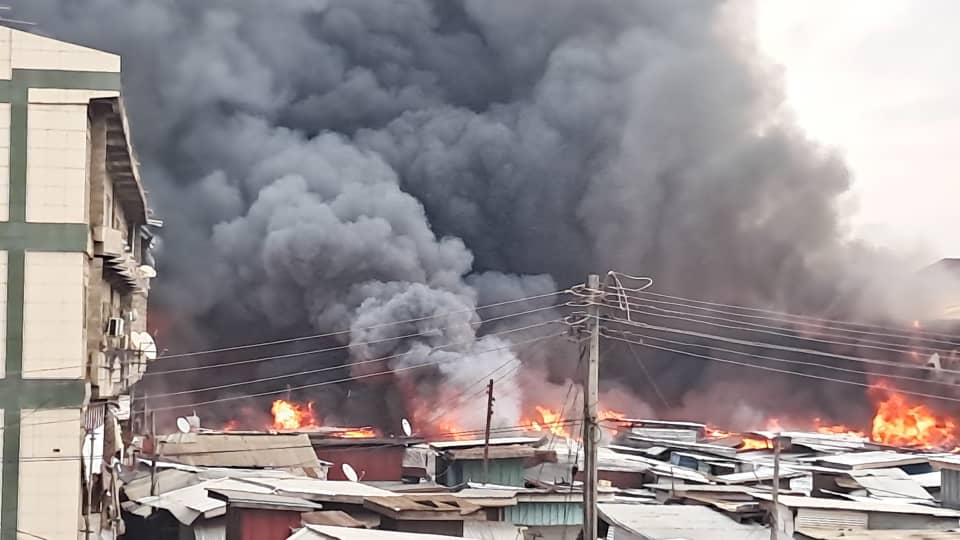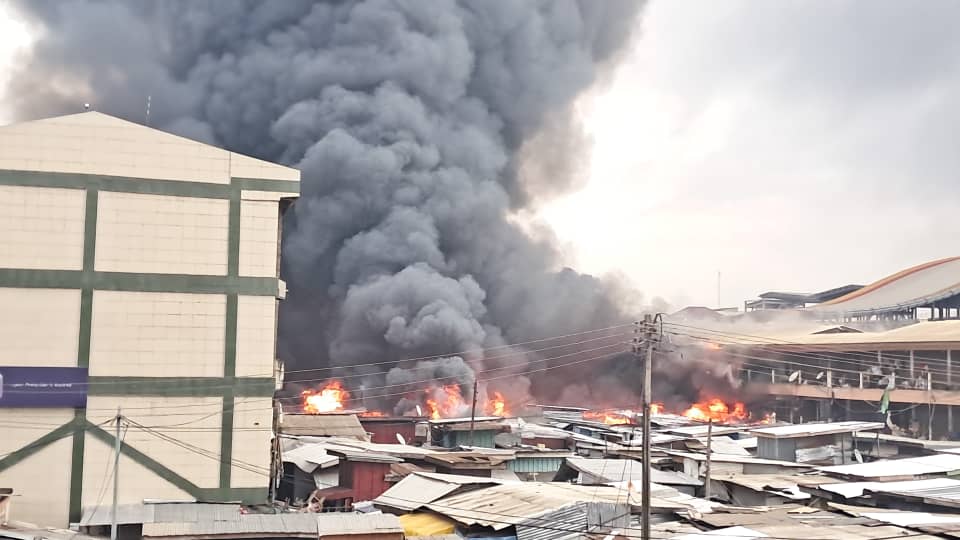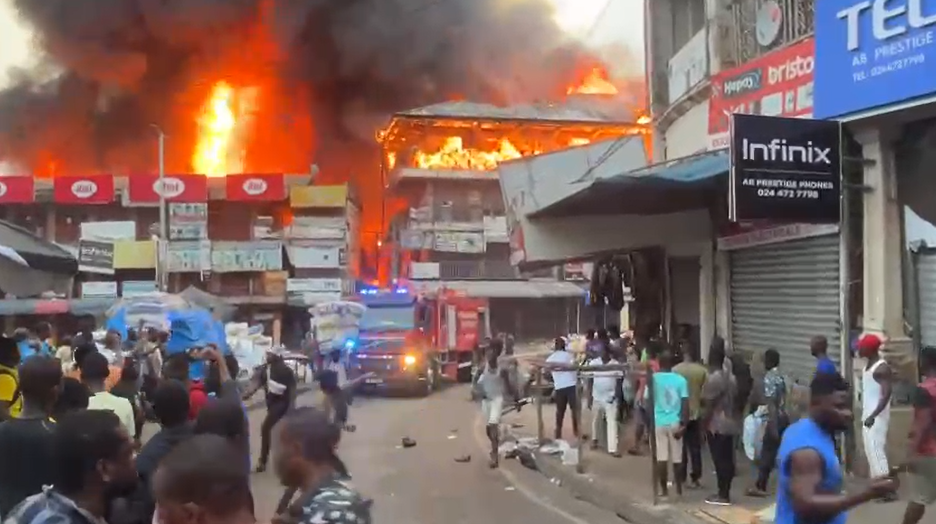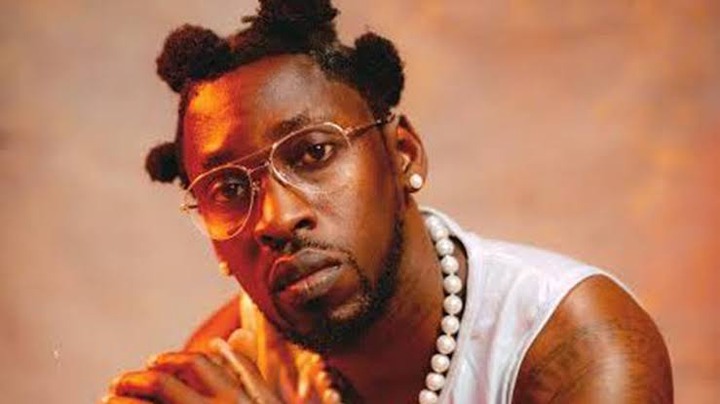 File photo of a worried woman
File photo of a worried woman
Dear GhanaWeb,
I have been married for eight years and have two kids.
My husband had been suffering from kidney failure for some time. When my husband’s family found out that my kidney was a match for his, they begged me to donate one of mine.
It was heartbreaking to see him in constant pain.
I agreed to do it for him and our two children, who were still young and needed their father.
Despite my own family’s persuasion to not go through with it and let my husband’s family find another donor, I didn’t listen.
My husband’s family was wealthy and influential, so it wouldn’t have been difficult for them to find a donor, but I wanted my husband to get better soon.
I went through the surgery, and the transplant was successful.
My husband was extremely grateful and promised to stand by me for the rest of his life.
Both of us recovered well, and within a few months, we were fine. The next six months were the happiest of my life.
My husband would buy me gifts when he returned from work and take our kids and me on vacations.
He was spending on us, and at times, I felt happy that I had donated my kidney for him.
Things began to change when I fell ill myself. My husband was at work when I fainted.
My younger sister was visiting at the time and was the one who took me to the hospital.
They tried calling my husband, but he didn’t pick up. When he finally did, he told my sister that he was busy.
Throughout the day, my husband never visited me in the hospital. I didn’t take it seriously until my younger sister commented, “You see how he’s treating you after you donated your kidney?” I shut her down, but she persisted, saying, “You always shout at us when we tell you the truth. Why don’t you pretend to be unwell and see if he really loves you as you claim?”
Her words made me think. My sickness turned out to be nothing serious; just a lack of rest, so I was discharged the next day.
When I returned home, my husband was relaxing on the couch.
I asked him why he hadn’t come to visit me at the hospital, and he gave me weak excuses before getting angry and leaving the house.
This made me reconsider my sister’s comment, and I decided to act weak from that point onward. My husband began leaving the house late and sometimes wouldn’t return at all.
He started yelling at me over the smallest things. One day, my husband came home with his family and a woman I didn’t recognise.
I greeted them, and my father-in-law said they had something to discuss. He explained that my husband had complained that I was always weak and couldn’t perform my wifely duties.
My mother-in-law added that the woman would help satisfy my husband’s needs at night and cook for him. They made it seem like they were doing me a favour. I was deeply hurt, but I remained calm and walked to the bedroom.
As I processed what was happening, the woman and my mother-in-law entered the bedroom.
My mother-in-law informed her that the matrimonial room would now be where she would stay with her husband. Then, she turned to me and said I should move to the guest room. I was stunned by what was happening in my own home, but I didn’t say anything.
At this point, I began contemplating how to get back at him. I decided to add illegal drugs and substances that could potentially cause another kidney failure to his food.
I gave him life, and now, I wanted to take it back. His new wife could donate her kidney to him, but as for me, I was taking mine back.
Afterward, I planned to divorce him and take half of his assets. Some of the drugs I gave him were also meant to render him impotent, ensuring that his manhood would no longer function.
I’m acting out of frustration and pain. My family has given me their approval to do whatever I want with him. I’m so confused, and I don’t know what to do. Am I being wicked? Will I be judged if something happens to him?
FG/EB
You can also watch videos from the unveiling of the 2025 TGMA nominees on GhanaWeb TV below:

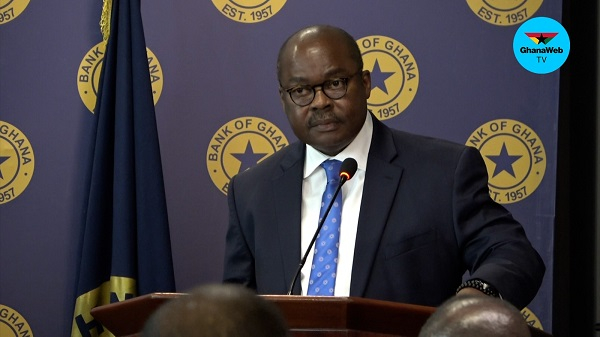
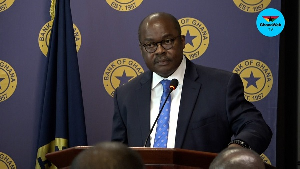






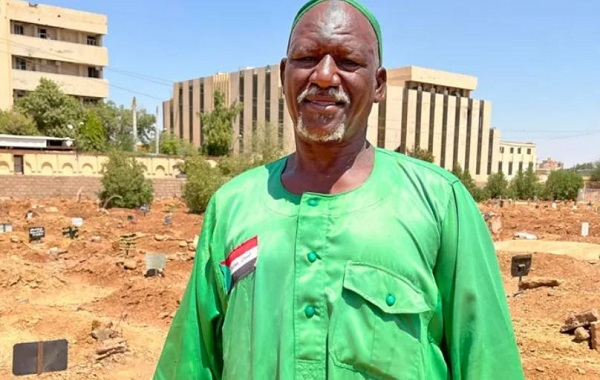
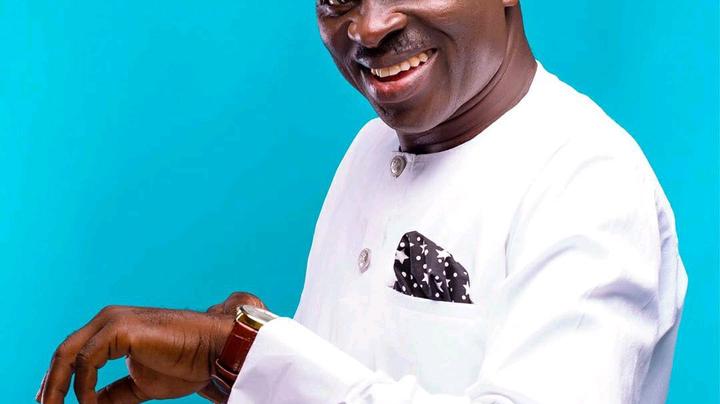


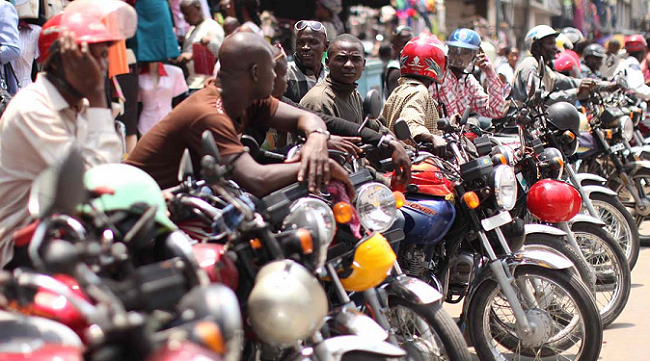
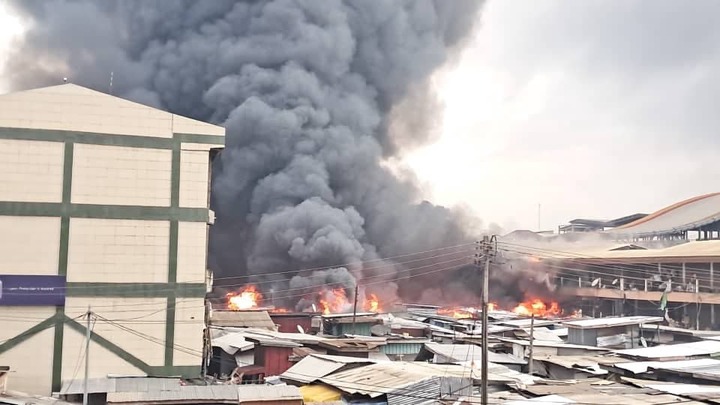

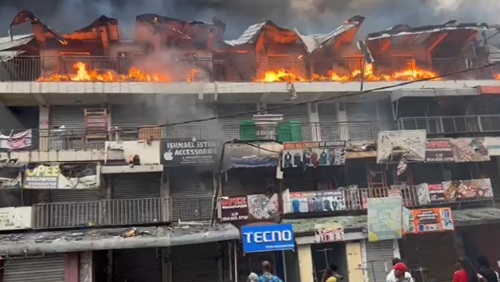
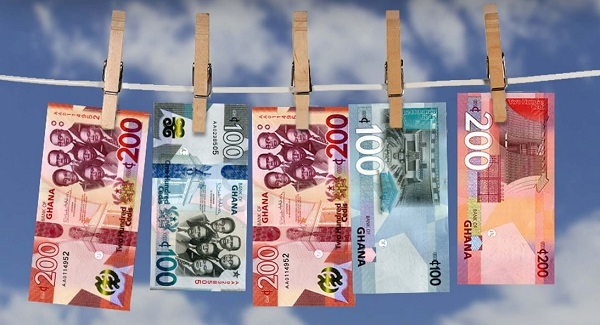
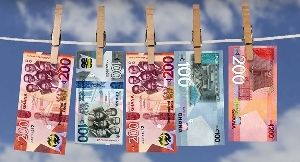
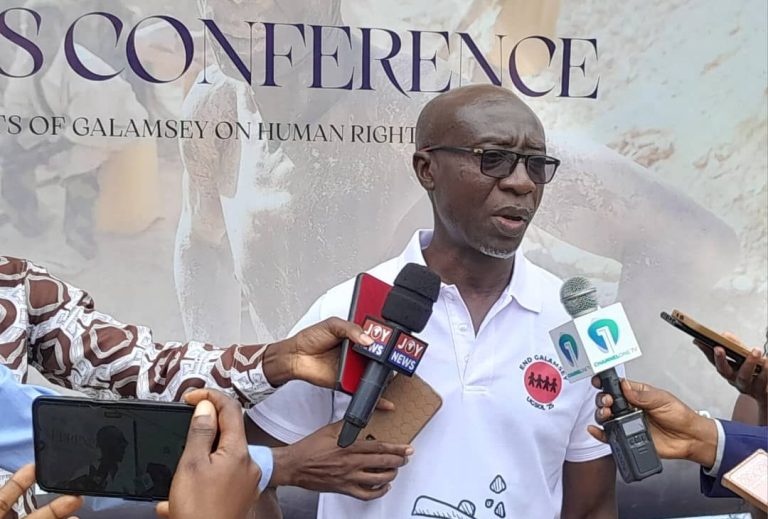
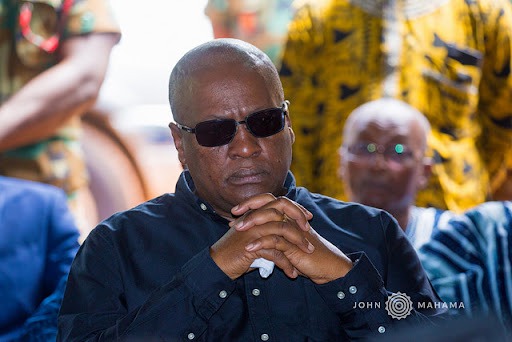
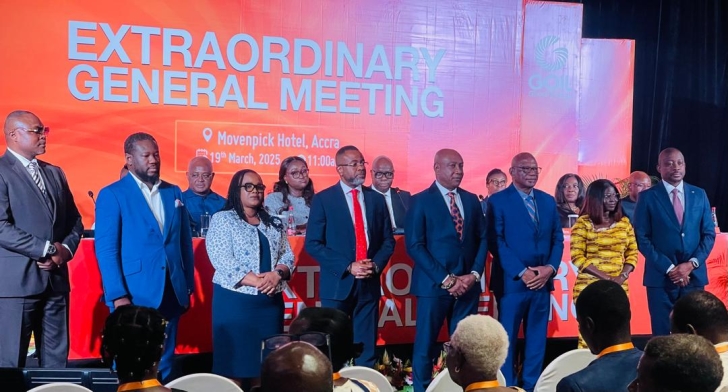







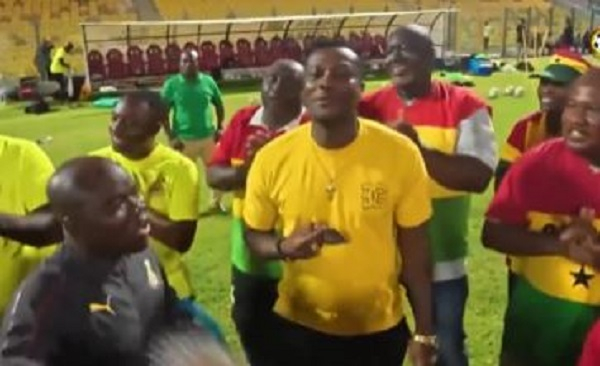
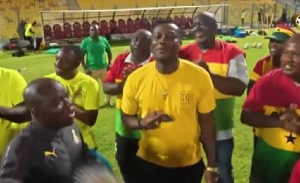
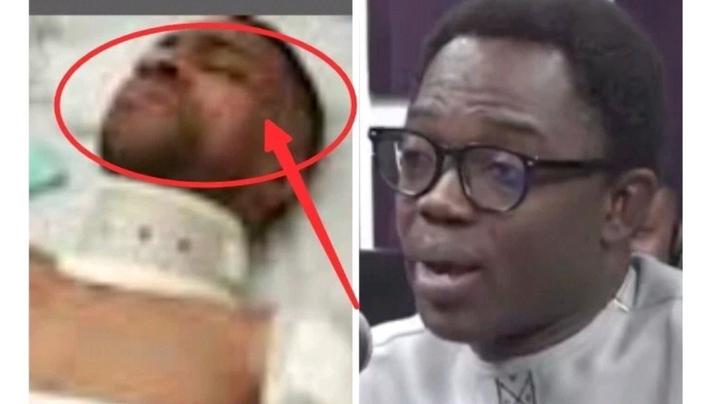
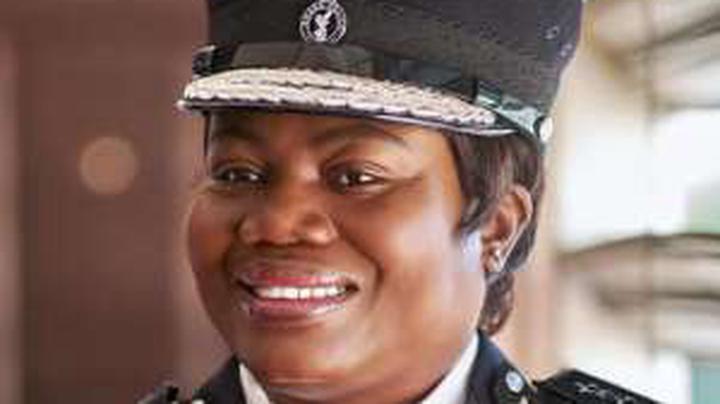

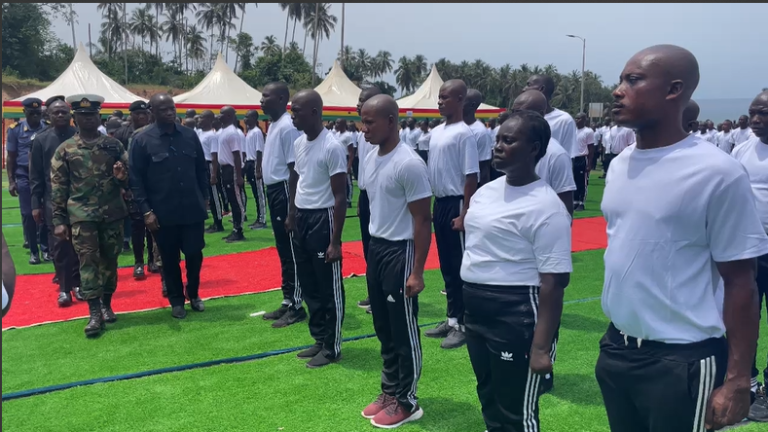

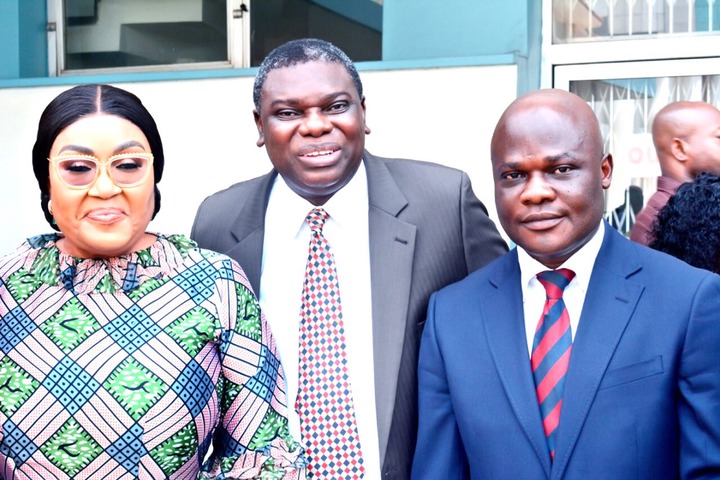

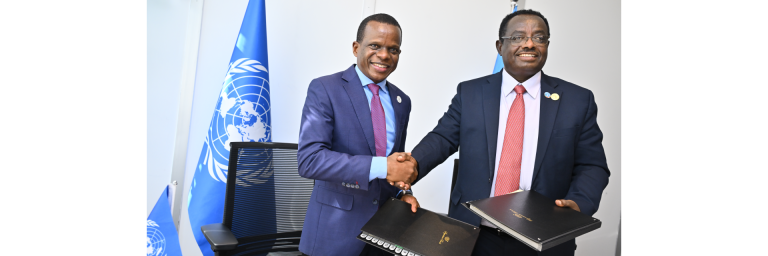

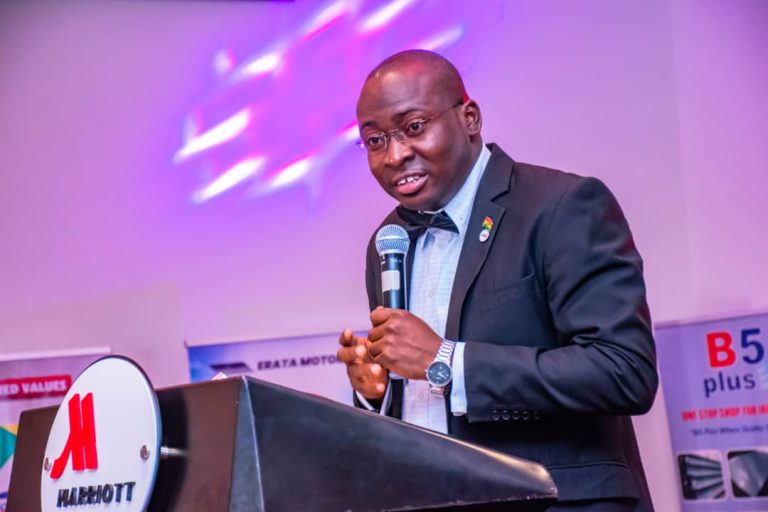
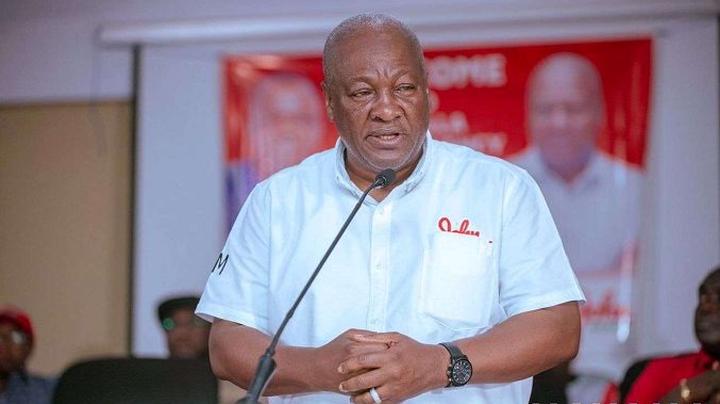


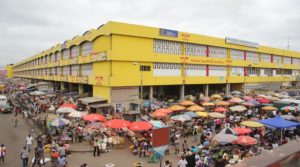 Ghana’s economy is projected to experience sustained growth in 2025, with GDP projected to expand by 5.4% year-on-year, according to insights shared by the Head of Africa Research at Standard Bank Group, Jibran Qureishi.
Ghana’s economy is projected to experience sustained growth in 2025, with GDP projected to expand by 5.4% year-on-year, according to insights shared by the Head of Africa Research at Standard Bank Group, Jibran Qureishi.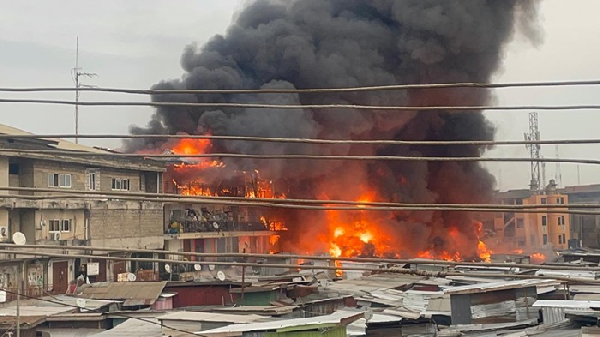

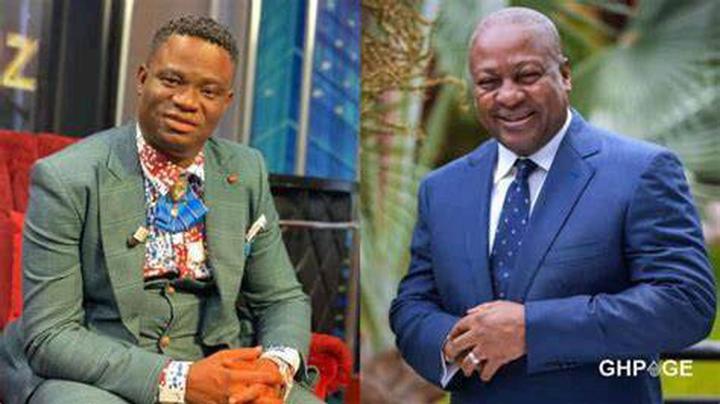


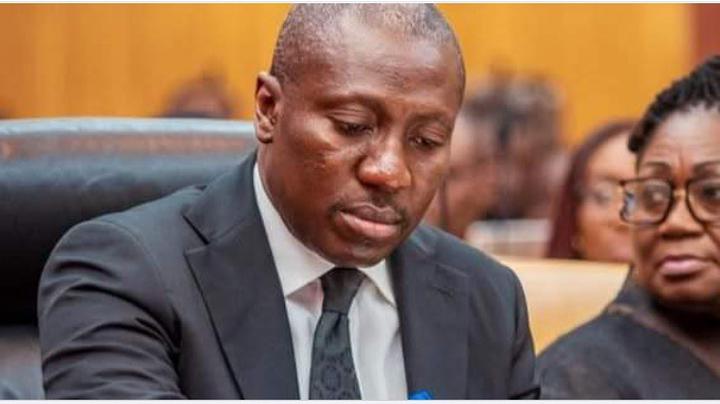










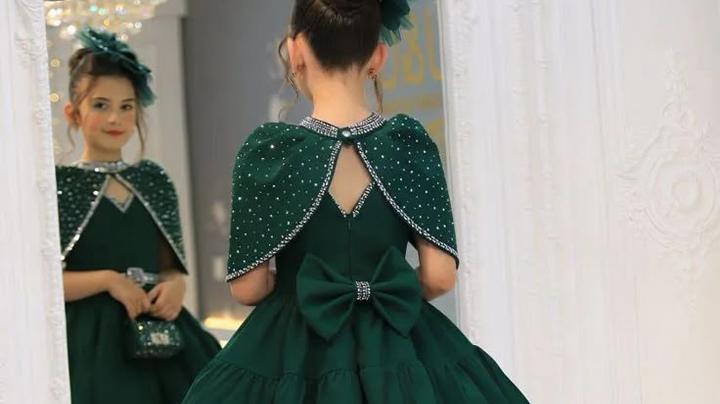
![Fire destroys several shops at Adum market [Photos] Fire destroys several shops at Adum market [Photos]](https://www.ghanamma.com/wp-content/uploads/2025/03/WhatsApp-Image-2025-03-21-at-07.24.36_7a2f50d9-768x432.jpg)

